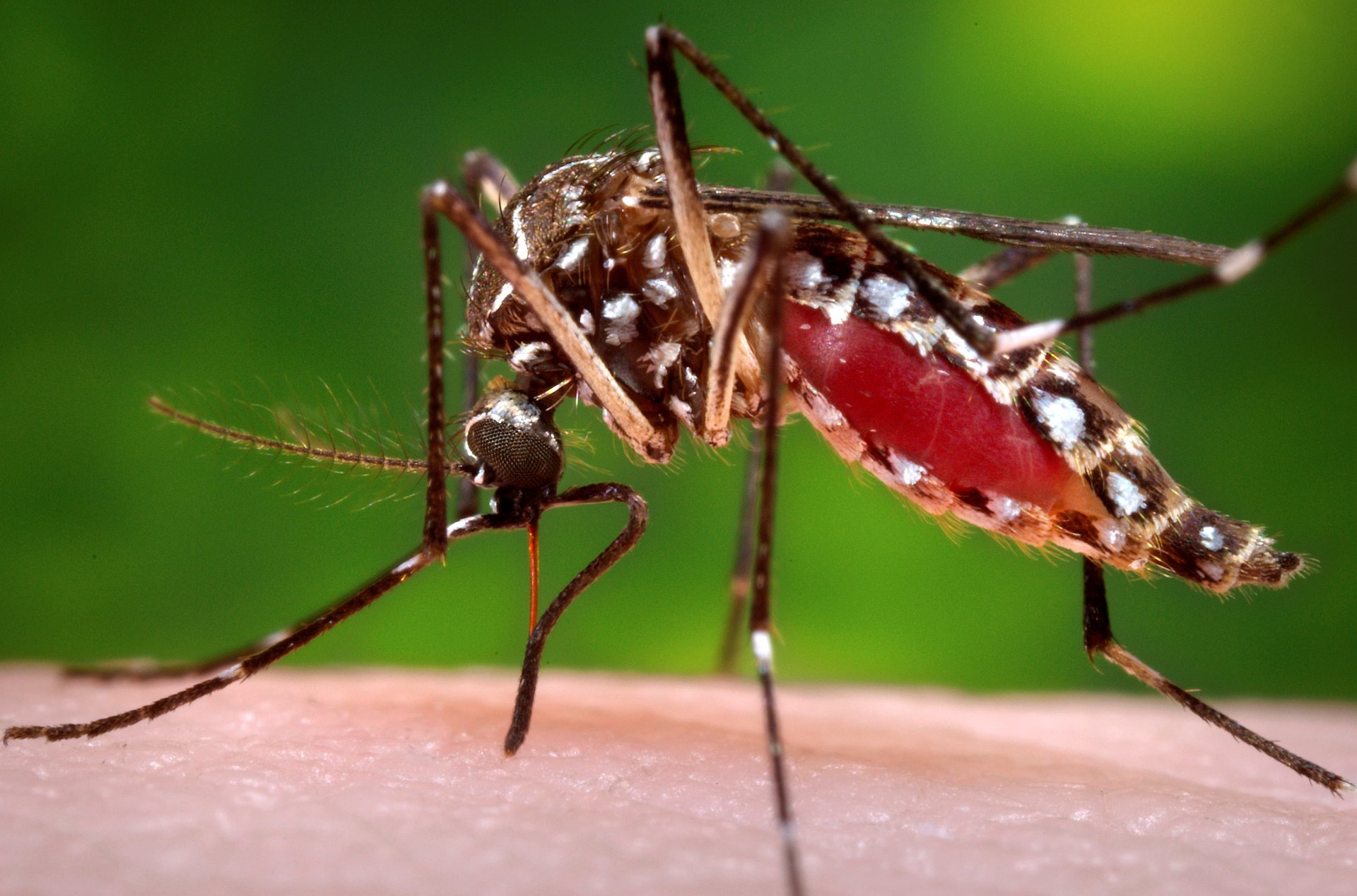BioNTech aims to develop the first mRNA malaria vaccine as well as the capacity to produce it in Africa
Following the remarkable success recorded for the mRNA Covid-19 vaccines, BioNTech has announced the launch of a project aimed at developing the first mRNA-based malaria vaccine with the clinical trial planned for the end of 2022. The German biotech company—which together with its US partner Pfizer developed the first-ever approved mRNA vaccine—now plans to use this technology to address this killer disease.


Following the remarkable success recorded for the mRNA Covid-19 vaccines, BioNTech has announced the launch of a project aimed at developing the first mRNA-based malaria vaccine with the clinical trial planned for the end of 2022. The German biotech company—which together with its US partner Pfizer developed the first-ever approved mRNA vaccine—now plans to use this technology to address this killer disease.
If successful, the project will result in a malaria vaccine that may help to reduce the high rate of malaria deaths whose main impact is felt in Africa. Africa accounted for 94% of the 229 million cases of malaria and 409,000 malaria deaths in 2019, according to WHO.
The project supported by the World Health Organization, the European Commission, and the Bill and Melinda Gates Foundation, is also aimed at developing a sustainable production capacity for mRNA-based vaccines in Africa, in response to increased calls for the development of vaccine manufacturing capacity in the continent.
Manufacturing the mRNA vaccines in Africa is important given that the continent has the most malaria cases and deaths
BioNTech, which is building on the knowledge and experience it gained from the development of its mRNA Covid-19 vaccine, said the project would involve the assessment of multiple vaccine candidates that target known antigens such as the circumsporozoite protein (CSP) and also new antigens discovered in the research. It plans to select the most promising candidates for clinical development.
BioNTech plans to fund the research and initial production of the vaccine and would be working with its partners to carry out large-scale trials and set up production infrastructure for the vaccine. The company, which is exploring the possibility of setting up its manufacturing facilities for the vaccine on its own or with partners, plans to co-locate its African manufacturing capabilities with the technology transfer hubs under development by the WHO.
On the continent, the manufacturing facility will likely be located in South Africa, where last month, the WHO announced it is working with its COVAX partners and a South African consortium (comprising Biovac, Afrigen Biologics, and Vaccines, a network of universities, and the Africa Centres for Disease Control and Prevention) to establish its first Covid-19 mRNA vaccine technology transfer hub.
Also last week, BioNTech/Pfizer made a “fill and finish” vaccine production deal with South Africa’s Biovac aimed at manufacturing around 100 million doses a year of the vaccine for the African Union. However, the deal covers only the final stages of the vaccine manufacturing process which involves filling of already manufactured vaccines into vials and other packaging stages before delivery.
The science behind how mRNA vaccines work
mRNA vaccine technology is a novel technology for making vaccines that teach our body cells how to make proteins that trigger an immune response, unlike the traditional vaccines that put a weakened or inactivated germ into our bodies to do so. The technology that was used to develop the BioNTech/Pfizer and the Moderna Covid-19 vaccines is relatively easy and quick to produce compared to traditional vaccine-making.
While the success and the relatively high effectiveness of mRNA vaccines compared with other vaccines, heightens hope that the mRNA technology can likewise be used to make effective vaccines for other diseases, BioNTech’s chief executive, Ugur Sahin acknowledged in an Associated Press interview that the development effort is at a very early stage, and its success is not guaranteed.
Two months ago, researchers at Oxford’s Jenner Institute in the UK who are currently developing a potential malaria vaccine released a preliminary study reporting that their malaria vaccine showed up to 77% efficacy in a one-year preliminary clinical trial involving 450 children in Burkina Faso. However, the first and only licensed malaria vaccine, Mosquirix, developed by GlaxoSmithKline is only around 30% effective after years of a clinical trial in several African countries.
Sign up to the Quartz Africa Weekly Brief here for news and analysis on African business, tech, and innovation in your inbox.